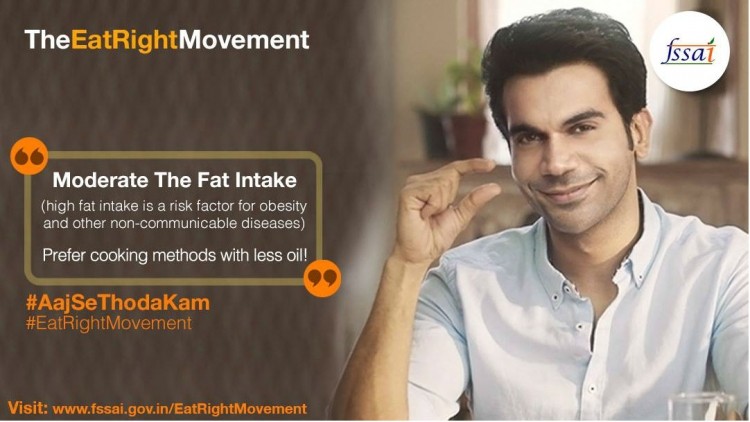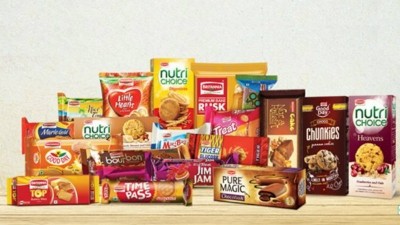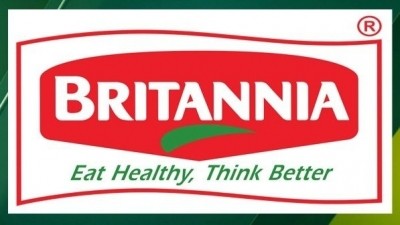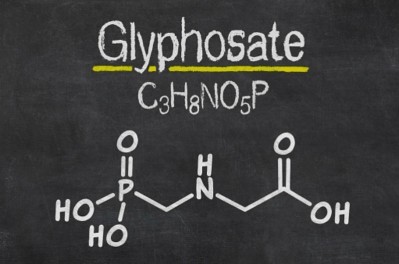Can India's Eat Right Movement 'nudge' food firms to reformulate and aid NCD fight?

The Eat Right Movement claims to be a comprehensive strategy to address unhealthy diets and to improve public health through improving consumption habits and the availability of healthy food products.
In India, NCDs account for one in five disease-related deaths. Moreover, according to regulator FSSAI, micronutrient deficiencies are on the rise and the country is fast becoming the diabetes capital of the world.
The Eat Right Movement is based on two pillars. ‘Eat Healthy’ encourages citizens to make healthy food choices and cultivate healthy dietary habits. This includes choosing nutritious and fortified foods, limiting high fat, sugar and salt (HFSS) foods, as well as incorporating physical activity.
‘Eat Safe’ is about ensuring food safety to prevent food borne diseases, and includes maintaining hygiene and sanitation, proper waste disposal, following safe food practices and fighting food adulteration.
Very recently, the FSSAI issued a warning regarding formalin adulteration in fish after large amounts of adulterated products were seized in raids in several areas across the country.
Commitment to healthier food
The Eat Right Movement also “nudges” food businesses to promote healthier food options and provide better nutritional information to consumers through the phasing out of trans-fats in food products (by the edible oil industry, bakeries and halwais or confectioner caste) by 2022, and the reformulation of food products by major food firms to reduce the content of sugar and salt in packaged food.
Some of the food firms who have committed to this effort include Baggrys, Britannia, Fieldfresh, Del Monte, HUL, Kelloggs, Kraft Heinz, Nestle and Patanjali.
It also includes the provision of healthier food options by the food services sector and the introduction of menu labelling on nutrition information, and the promotion of healthier food options and responsible retail practices by food retailers and e-commerce players.
The Eat Right Movement brings together three on-going initiatives of FSSAI: the Safe and Nutritious Food (SNF) Initiative focused on behavioural change around food safety and nutrition at home, school, the workplace, and on-the-go; the Eat Healthy Campaign focused on the reduction of HFSS foods in diet; and Food Fortification which focuses on promoting five staple foods of wheat flour, rice, oil, milk and salt that have been fortified with key vitamins and minerals to improve their nutritional content.
Resources and publicity
As part of this initiative, The Eat Right Movement microsite provides easy access to nutritional information and tips by experts. It also has an AI chat bot to answer queries.
There is also an Eat Right Toolkit or training manual for health and wellness centre workers, as part of a resource for national nutrition and public health programmes. Other resource books on safe and nutritious foods (of different colour codes) for homes, schools, workplaces, and for eating out have also been released.
To further publicise The Eat Right Movement, actor Rajkumar Rao featured as a spokesman for a video and ad campaign, ‘Aaj Se, Thoda Kam’ — translating to something like “From today, slightly less”.
In a blog post, Rao said, “What is heartening to know is that 80% of the heart diseases and diabetes (cases in India) can be averted through simple lifestyle modifications and by consuming nutritionally balanced diet.”
“I support the FSSAI's initiative of reducing the consumption of foods high in fat, sugar and salt. As these foods, if consumed in excess for a long period of time, can lead to severe health complications.”
At the launch, Professor Vijay Raghavan, principal scientific advisor to the Government of India, said, “Thoda kam (slightly less) in salt, sugar and fat is very good.”
“This has to be a combination of persuasion, regulation and science. When these three come together, thoda kam will be very effective and will change the health of our country.”
He added that synergy between government, civil society and industry is critical to its success.
Celebrity chef Sanjeev Kapoor has also committed to the movement by promoting healthy food on his channel to his 80 million viewers.
Reducing NCDS
Dr Balram Bhargav, director-general, Indian Council of Medical Research (ICMR), said the Eat Right Movement and thoda kam will help to greatly reduce cases of NCDs.
He added, as a knowledge partner, ICMR has supplied national data on these health issues and will continue to supply more state-level data which will identify where the problem is in which states, which “will help the country tremendously”.
At the launch, FSSAI CEO Pawan Agarwal said that its aim was to cut down salt or sugar and oil consumption by 30% within three years, and that 15 major food manufacturers have already come on board to pledge to reformulate their food products, reduce unhealthy ingredients and launch more healthy products over a period of three to seven years.
Shri Ashish Bahuguna, FSSAI chairperson, added that these voluntary nutrition commitments were a giant leap towards combatting negative nutrition trends in society and, along with social and behavioural changes for positive nutrition in citizens, would help to reduce the burden of NCDs on the nation.
The FSSAI is also in the midst of finalising its food labelling and display regulations for packaged food which will include a red warning for HFSS food, within a few months. It is expected to be introduced next year.


















